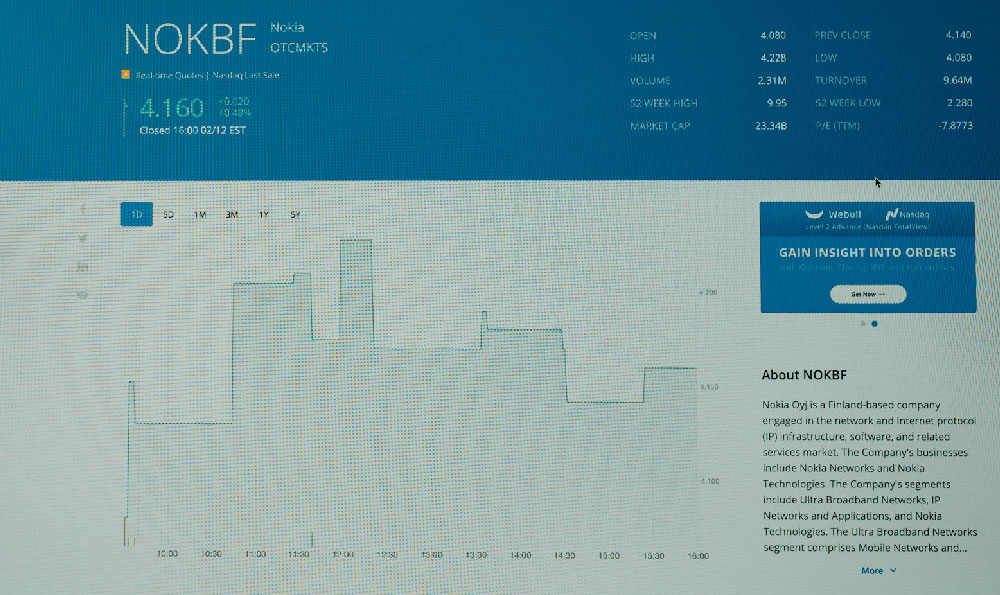The quest to identify the highest-paying engineering field is a complex one, nuanced by factors like experience, location, specialization, and the ever-shifting demands of the global economy. While a definitive, universally applicable answer remains elusive, we can delve into the trends and contributing elements that steer compensation in various engineering disciplines. Understanding these dynamics empowers aspiring and seasoned engineers alike to strategically position themselves for optimal financial reward.
Traditionally, petroleum engineering has often topped the charts in terms of median salary. This stems from the inherent complexity and criticality of the oil and gas industry, coupled with the specialized skills required to extract and process resources. However, the fluctuating nature of energy prices and increasing focus on renewable energy sources has introduced considerable volatility into this sector. Demand, and consequently compensation, can experience significant swings depending on global market conditions.
Another field consistently recognized for its lucrative prospects is computer engineering, and its closely related cousin, software engineering. The relentless advancement of technology, coupled with the pervasive integration of software and hardware across industries, fuels immense demand for skilled professionals. Artificial intelligence, machine learning, cybersecurity, and data science specializations command particularly high salaries due to the scarcity of qualified experts. The ever-increasing importance of data in decision-making processes further elevates the value of individuals adept at analyzing and interpreting large datasets.

Beyond these two prominent examples, several other engineering disciplines boast competitive earning potential. Chemical engineering, particularly those involved in pharmaceuticals, biotechnology, and advanced materials, often experience strong demand and corresponding compensation. The need for innovative solutions in these sectors, coupled with stringent regulatory requirements, necessitates highly skilled engineers who can navigate complex processes and develop cutting-edge technologies. Aerospace engineering, driven by advancements in space exploration and the continued growth of the aviation industry, also offers attractive career prospects, especially for those with expertise in areas like propulsion systems, aerodynamics, and materials science. Biomedical engineering, with its focus on developing medical devices and technologies, is another promising field, particularly given the aging global population and increasing demand for healthcare solutions. Finally, civil engineering, with a focus on infrastructure and development, remains a stable and well-compensated field, although the specific salary ranges are very dependent on location and government projects.
The field you choose is only one aspect, though. Maximizing your earnings as an engineer involves a multi-faceted approach that extends far beyond your initial degree. Continuous learning and specialization are crucial for staying ahead of the curve and commanding premium salaries. Earning advanced degrees, such as a Master's or Ph.D., can significantly enhance your expertise and open doors to higher-level positions with greater responsibilities. Certifications relevant to your chosen field can also demonstrate your commitment to professional development and enhance your credibility with employers.
Furthermore, honing your soft skills is just as important as mastering technical knowledge. Effective communication, teamwork, leadership, and problem-solving abilities are highly valued in the workplace and can significantly impact your career trajectory. Engineers who can effectively articulate their ideas, collaborate with colleagues, and lead teams are more likely to advance into management roles with increased compensation.
Networking and building relationships within your industry are also essential for career advancement. Attending industry conferences, joining professional organizations, and connecting with other engineers online can provide valuable insights into emerging trends, job opportunities, and potential mentors. Building a strong professional network can open doors to opportunities that may not be publicly advertised.
Location plays a critical role in determining earning potential. Engineering jobs in major metropolitan areas and regions with high concentrations of technology companies typically offer higher salaries than those in rural areas or regions with fewer job opportunities. Researching salary trends in different locations can help you make informed decisions about where to pursue your career. Negotiating skills are also important when it comes to maximizing your earnings. Researching industry salary standards and being prepared to articulate your value proposition during salary negotiations can help you secure a competitive compensation package. Don't be afraid to negotiate for benefits such as health insurance, retirement plans, and paid time off, as these can significantly impact your overall financial well-being.
Finally, consider entrepreneurial ventures. Many engineers choose to leverage their technical skills and industry knowledge to start their own businesses. While entrepreneurship involves significant risks, it can also offer the potential for significant financial rewards. Developing innovative products or services that address unmet needs in the market can lead to substantial income and wealth creation.
In conclusion, while certain engineering fields tend to offer higher average salaries than others, the actual earning potential of an individual engineer is influenced by a wide range of factors. By focusing on continuous learning, specialization, developing strong soft skills, networking, strategic location choices, and effective negotiation, engineers can significantly maximize their earning potential and achieve long-term financial success. Choosing the right field and applying the right strategies can pave the way for a rewarding and financially secure career in engineering.












